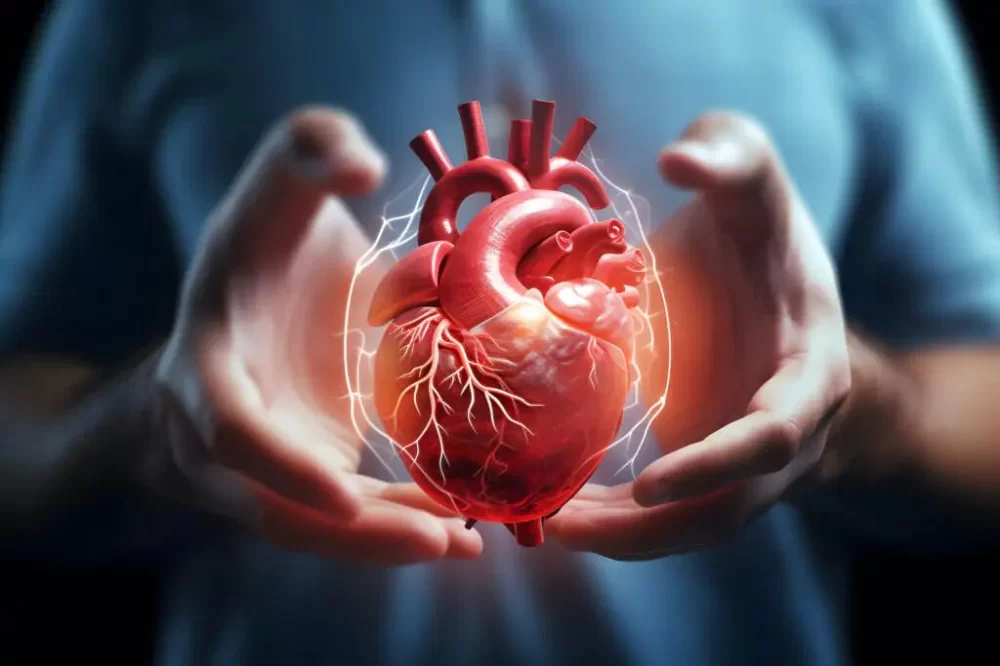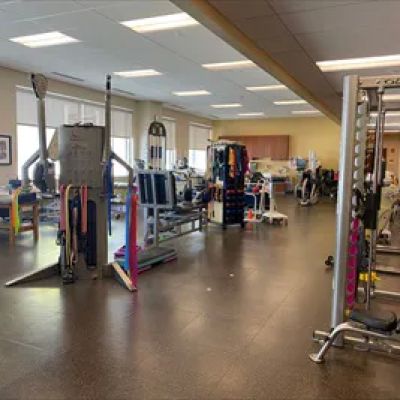- Importance of Cardiovascular Screenings
- Key Components of Heart Disease Screenings
- Real-Life Examples Showing the Benefits
- How to Prepare and What to Expect During Screenings
- HeartCare Hub Resources for Cardiovascular Health
1. Importance of Cardiovascular Screenings
Cardiovascular screenings play an essential role in the early detection and prevention of heart disease. Given that heart disease remains the leading cause of death worldwide, understanding the importance of regular heart health checkups cannot be overstated. These screenings help identify risk factors such as high blood pressure, high cholesterol, and other conditions that silently damage the heart over time.
Early identification through cardiovascular screenings allows individuals and healthcare providers to implement lifestyle changes or medical treatments before serious complications occur. This proactive approach significantly reduces the risk of heart attacks, strokes, and other cardiovascular events.
Many people underestimate how subtle the warning signs of heart disease can be. Often, symptoms do not manifest until the disease has progressed to a critical stage. This reality makes regular screenings vital, especially for individuals with a family history of heart conditions or those with risk factors like obesity, diabetes, or smoking habits.

1.1 Why Early Detection Matters
Detecting cardiovascular problems early means catching issues before they cause irreversible damage. For example, high blood pressure can go unnoticed for years, quietly stressing the heart and arteries. Through screenings, doctors can recommend treatments or lifestyle adjustments that prevent the progression to heart failure or other severe outcomes.
Additionally, cardiovascular screenings provide an opportunity to assess overall health, encouraging patients to take ownership of their heart health journey and make informed decisions.
Atlanta Heart Specialists
atlanta heart specialists
4375 Johns Creek Pkwy #350, Suwanee, GA 30024, USA

2. Key Components of Heart Disease Screenings
Effective cardiovascular screenings consist of several important tests and evaluations designed to provide a comprehensive picture of heart health.
2.1 Blood Pressure Measurement
High blood pressure, or hypertension, is a major risk factor for heart disease. Measuring blood pressure during screenings helps detect elevated levels that require management.
2.2 Cholesterol and Lipid Profile
Blood tests evaluating cholesterol levels, including LDL, HDL, and triglycerides, reveal critical information about cardiovascular risk. High LDL cholesterol can promote artery blockage, while higher HDL levels are protective.
2.3 Blood Sugar Testing
Since diabetes significantly increases heart disease risk, screening blood glucose levels helps identify those at risk of or living with diabetes, facilitating early interventions.
2.4 Electrocardiogram (ECG) and Other Imaging Tests
ECGs measure the heart’s electrical activity and can detect arrhythmias or prior heart damage. In some cases, ultrasound or stress tests may be recommended to evaluate heart function more deeply.
2.5 Lifestyle and Family History Evaluation
Understanding personal habits, diet, exercise routines, and family history helps doctors tailor prevention plans and identify hidden risks.
3. Real-Life Examples Showing the Benefits
Consider Sarah, a 45-year-old woman who felt healthy but decided to undergo a cardiovascular screening as part of a routine health check. The screening revealed elevated cholesterol and slightly high blood pressure, conditions she was unaware of. Thanks to this early detection, Sarah was able to modify her diet, increase physical activity, and start prescribed medication. Her heart health improved significantly, and she avoided what could have been a serious cardiac event.
Such stories are common and emphasize how cardiovascular screenings are more than just routine—they can be life-saving. Another high-profile case involved a well-known athlete who credited timely screenings with detecting a silent heart condition, allowing for early treatment and continued success in his career.
These real-world examples highlight that regardless of age or apparent health, cardiovascular screenings provide a crucial window into heart health and preventive care.
4. How to Prepare and What to Expect During Screenings
Preparing for a cardiovascular screening is straightforward but important to ensure accurate results. Here’s what to keep in mind:
4.1 Fasting and Medication
Some blood tests require fasting for 8-12 hours beforehand. It’s important to follow your healthcare provider’s instructions about medication and food intake prior to testing.
4.2 Sharing Health History
Be ready to provide detailed information about your lifestyle, family history, and any symptoms you may have experienced. Honest communication helps your provider offer the best recommendations.
4.3 Follow-Up
After screenings, your healthcare professional will discuss the results and suggest next steps. These may include lifestyle modifications, additional testing, or treatments tailored to your specific risk factors.
4.4 Frequency of Screenings
Depending on your age, risk factors, and health history, cardiovascular screenings should occur regularly—often annually or biennially. Discuss with your healthcare provider to determine the best schedule.
5. HeartCare Hub Resources for Cardiovascular Health
Managing heart health through cardiovascular screenings is an empowering step, but it’s just part of a broader journey. HeartCare Hub provides a wealth of resources designed to support you in every aspect of heart care—from finding the right screening services to accessing heart-healthy products and expert guidance.
Whether you are looking for reliable information, quality supplements, or personalized support, HeartCare Hub connects you with trusted recommendations to help you maintain a healthy heart and reduce your risk of heart disease.
Taking charge of your cardiovascular health begins with knowledge and the right tools—both of which you can find at HeartCare Hub.






















Deborah Heart and Lung Center
deborah heart and lung center
200 Trenton Rd, Browns Mills, NJ 08015, USA